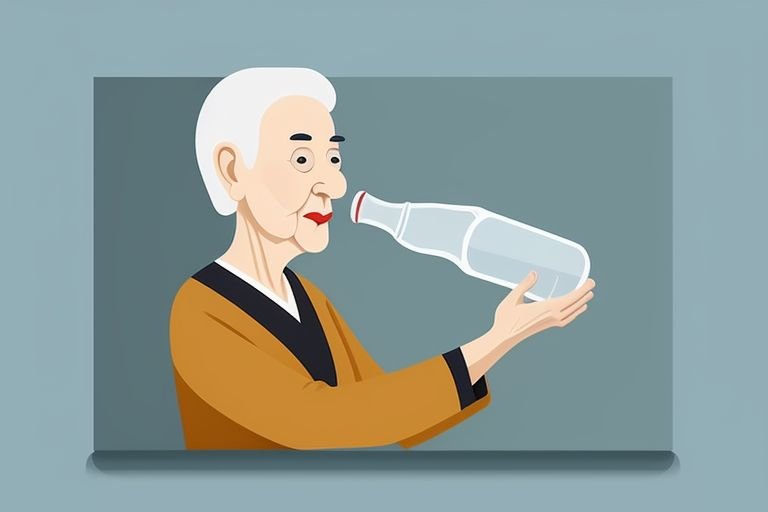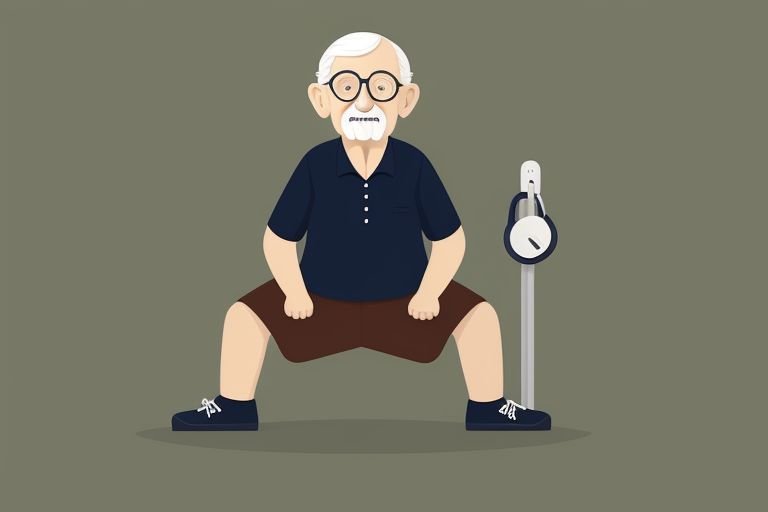Elderly health: Improving calcium absorption
Calcium is one of the essential nutrients for the human body, particularly crucial for the health of the elderly. Seniors over the age of 64 are recommended to consume at least 1,200 mg of calcium per day. Maintaining bone health, preventing osteoporosis, and reducing the risk of fractures are the main goals of calcium supplementation. Additionally, calcium is essential for heart health, proper nervous system functioning, and dental health. However, due to age-related decline in physical function, the elderly are more susceptible to calcium deficiency.
How can the elderly properly supplement calcium?
- Eat more dairy products

Dairy products are one of the best sources of calcium. For example: milk, cheese and yogurt. If allergic to or dislike dairy, consider other calcium-rich foods.
2. Consume more seafood

Seafood such as fish, shrimp, crab and shellfish are rich in calcium, which can be eaten more to replenish calcium levels and boost immunity.
3. Ensure moderate sun exposure

Spending time in the sun helps to synthesize vitamin D, which can facilitate the calcium absorption. However, it’s important to prioritize sun protection too.
4. Maintain hydration

Staying adequately hydrated assists in calcium absorption.
5. Engage in moderate exercise

Regular exercise helps maintain good health and also promotes calcium absorption. You can incorporate activities like walking, tai chi, or yoga into your routine.
6. Consider calcium supplements cautiously

Calcium supplements can provide additional calcium but should be used with caution to avoid overconsumption. Excessive calcium intake may lead to issues such as constipation, abdominal pain and kidney stones, and even increase the risk of heart disease and stroke. It is recommended to consult a doctor or dietitian for advice before use.
Conclusion
Incorporating adequate calcium into the diet is pivotal for the well-being of seniors. By focusing on calcium-rich foods like dairy and seafood, getting moderate sun exposure, staying hydrated, exercising regularly, and considering supplements cautiously, the elderly can significantly support their bone health and overall vitality. Always remember, consulting with a healthcare professional or a dietitian ensures the best approach tailored to individual needs. Small adjustments in daily habits can lead to substantial benefits in the long run, allowing seniors to enjoy healthier, more active lives.
Leave a Reply